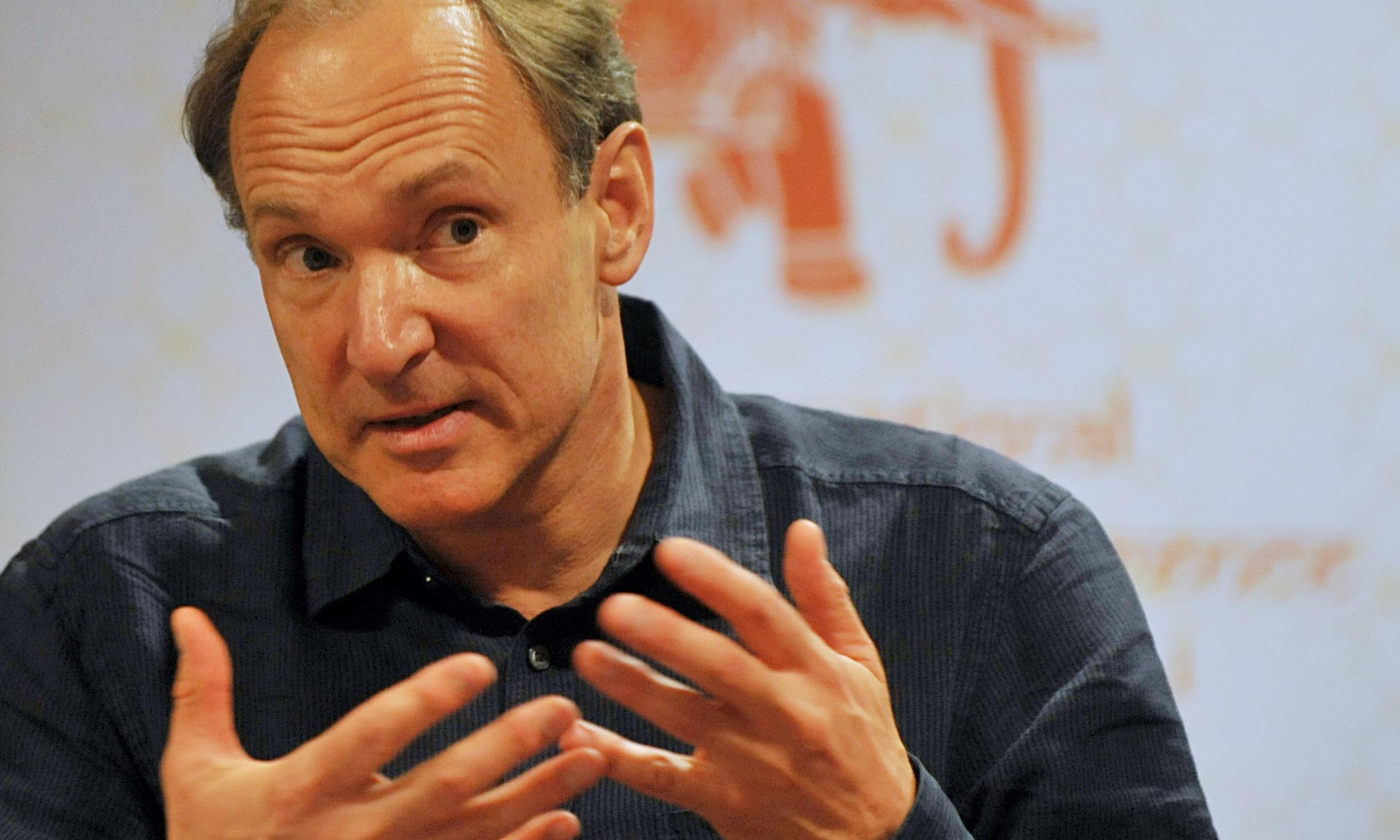 This month marks 25 years since Sir Tim Berners-Lee developed the draft of a proposal for we now know as the World Wide Web.
This month marks 25 years since Sir Tim Berners-Lee developed the draft of a proposal for we now know as the World Wide Web.
In fact, it’s hard for many of us to imagine how we ever did our school homework – or anything for that matter – without it! Of course the world is a very different place to the one Tim Berners-Lee lived in 1989, the year I joined the BBC in news and current affairs.
Today, Tim Berners-Lee has called for greater for privacy on the web and for people to become the legal owners of their data in order to control when and how it’s used because of rampant identity theft and the invasion of personal and sensitive data that’s now a daily occurrence around the world.
Looking to a brighter future, Tim Berners-Lee predicts there’ll be faster networks and more intelligent computers using Artificial Intelligence (AI), a bit like the world depicted in the movie Minority Report, starring Tom Cruise.
Data will no longer be ‘owned’ by big corporations with sophisticated CRM and data mining tools but by ordinary people who will make living selling their own data to these same organisations.
In fact, according to Tim Berners-Lee, big data is being undermined by companies using their customers’ data for targeted advertising purposes.
“I would like us to build a world in which I have control of my data. I can sell it to you and we can negotiate a price, but more importantly I will have legal ownership of all the data about me.”
In Europe, this is getting a step closer to reality as next year sees the introduction of the EU General Data Protection Regulation that open a new chapter in the development of the world wide web as European legislators seek to put the power of data back into the hands of data subjects rather than data controllers.
In the future, data will work in much the same way that calendars work where each person will choose to invite certain people to share events and information with them. Ordinary citizens will have a higher degree of control than they do at present over what data they share with others and this is likely to become the new norm for millions of EU subjects over the next couple of years.
But changing the legal landscape won’t be enough. Tim Berners-Lee says that in order to achieve this new state we’ll have to build powerful computer systems that can adapt to changing environments and allow the protection of privacy to be core to that development.
 The business world is slowly waking up to the future internet of things. Microsoft’s Jonathan Woodward believes that we have to think differently about data and that we should move away from the need of ‘big data’ that has so obsessed the marketing profession for the past couple of years.
The business world is slowly waking up to the future internet of things. Microsoft’s Jonathan Woodward believes that we have to think differently about data and that we should move away from the need of ‘big data’ that has so obsessed the marketing profession for the past couple of years.
We’ve also rapidly reached the point where people often struggle to tell the difference between talking to a computer and a real human.
In the future, business will live and die by the way it utilises data and by 2030 non-biological computing will overtake biological computing.
Jonathan Woodward predicts that from 2015 we’ll be living in the ‘age of algorithm’ where machine learning simplifies what were once complex programming tasks and sensors start to make decisions based on AI.
Which sounds like a brave new world provided that we’re still in control rather than the machines we’ve created to improve our lives in an increasingly connected world.














Recent Comments